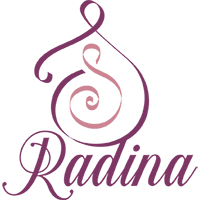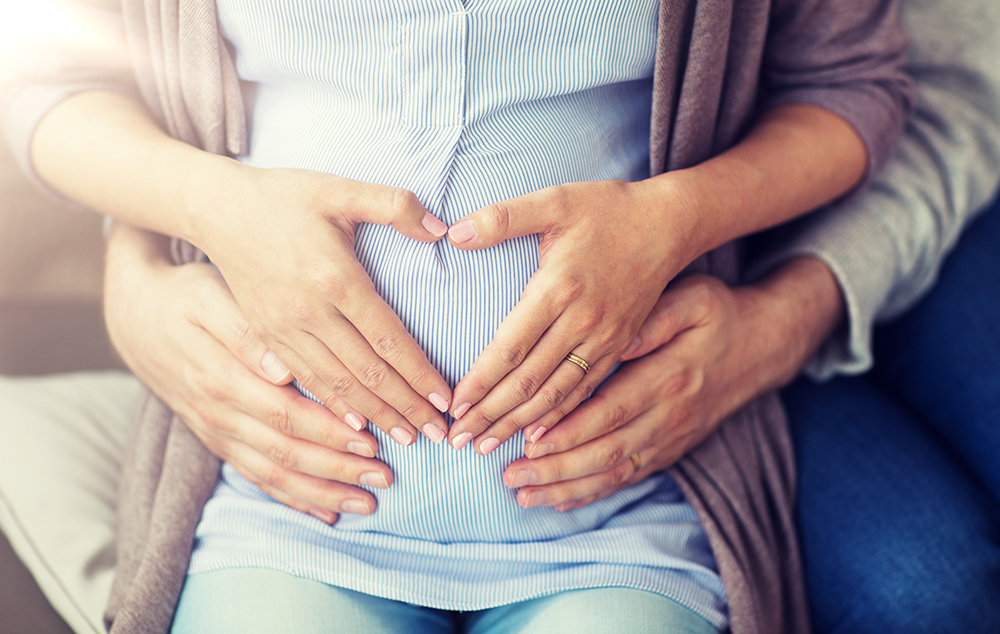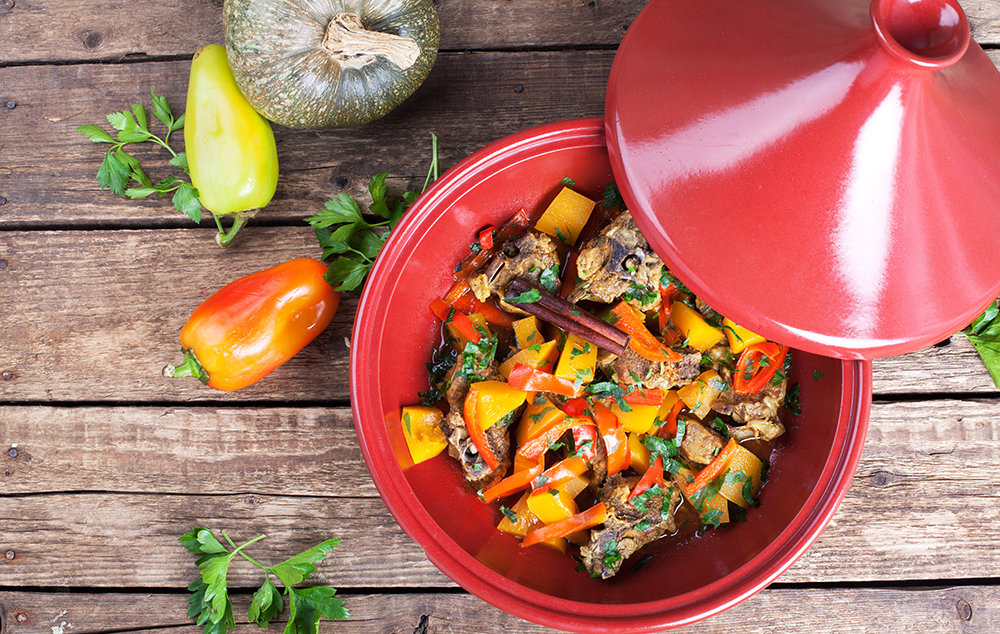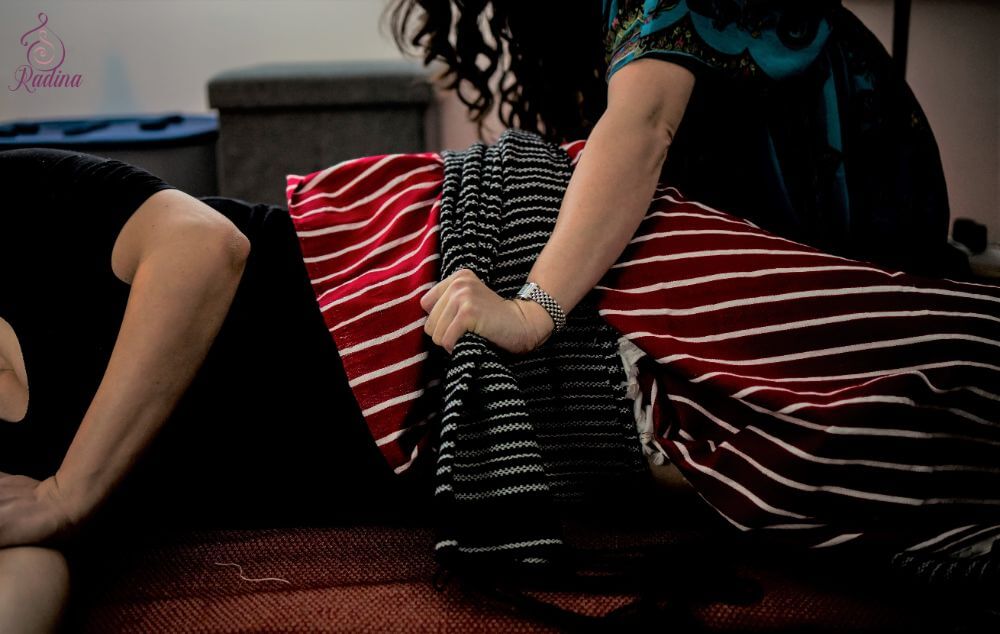Why Moroccan Postpartum Care is special?
Special attention and care for the new mother
In the Arab world the new mothers get a special treatment at least throughout their baby’s first year. The new mothers even have their own word in the language: they are called „Nafsa” in the Arab countries or „Nfissa” in Morocco. The care that the Nafsa gets in her postpartum period summarized in 6 steps:
1.Welcome her – we celebrate and respect the Nafsa, congratulate her.
2.Honor her – we listen to the Nafsa, hold space for her to become a mother and help her out.
3.Nourish her – we cook healthy and nourishing food for her.
4.Nurture her – Caring for the Nafsa in the form of a Hammam ritual, bath, steaming and massage.
5.Close her – We give her a Closing of the Bones ceremony with the hand-woven Kourzia wrap.
6.Celebrate her – We organize family or friend gatherings (e.g. a hennaparty) where everyone can have fun together.
The Importance of the Postpartum Period, the Purpose of the Support
The Moroccan tradition has a super appropriate saying for the vulnerability of the postpartum period: „The new mother’s grave is open for forty days.”
Therefore it is crucial that we support and care for the new mother as best as we can in at least the first few weeks of the postpartum period, so she can have a smooth transition to motherhood and avoid getting depressed from feeling abandoned amidst of all the pressure and liability a new baby means. Apart from their healing effects, the main purpose of the different rituals is that the Nafsa can feel how important she is and what a monumental thing she has accomplished by growing a new life in her belly and bringing it into this world (no matter in what way it happened technically). We can celebrate the birth with all of this, since it is an equally significant rite of passage as the wedding, if not more important. I also find it very important that the mother can experience the gentle care and the unconditional love and acceptance so that she can have her cup full and pass all of the goodness onto her baby.
the reality that fascinated me…
Traditionally the Nafsa, the new mother was surrounded by female relatives and midwives. They supported and healed her with the Hammam and the Closing of the Bones rituals and massage. They also cooked healthy and nourishing meals for her. When the Nafsa became strong enough they celebrated her like a bride: dressed her in beautiful brand new white clothes, beautified her with makeup and jewelry so that she could feel like a queen, the way she was supposed to after giving birth to a new life. I was blown away by this unity of care, support, healing and celebration.
How and why can I help you?
I am the first person in Hungary that finished Lalya B.’s „The Nafsa Project School” traditional postpartum doula course, where I was able to study how the traditional Moroccan midwives, the „quablas” heal and care for the new mother. I got to know the exact details of how to perform the hammam and the Closing of the Bones ritual for example. These ceremonies have been used for centuries with success to support the new mother after giving birth to her baby.









